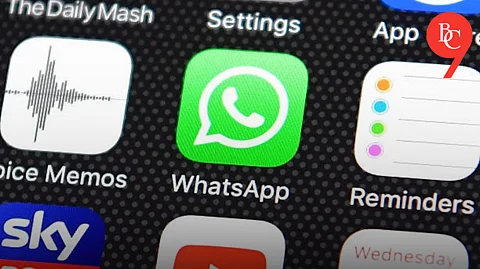

The United States has resumed student visa interviews in 2025 with a sweeping new requirement: all applicants must now unlock their social media accounts for government scrutiny. This unprecedented move marks a significant escalation in US visa vetting procedures and has sparked widespread debate among students, universities, and privacy advocates worldwide.
The Trump administration, in a bid to intensify security checks, is moving forward with plans to require every foreign student seeking a US visa to undergo comprehensive social media vetting. According to official cables and recent reports, US embassies and consulates have been instructed to pause new student visa interviews temporarily as they prepare for the rollout of these expanded screening measures. Now, with interviews resuming, the policy is clear: no applicant will be processed without granting access to their social media accounts for government review.
While previous policies had targeted a narrower group—mainly returning students involved in certain protests—this new requirement applies universally to all student visa categories, including F, M, and J visas. The stated goal is to bolster national security by identifying potential threats and combating issues like terrorism and antisemitism, but the scope and invasiveness of the policy are drawing global attention.
All platforms used in the past five years must be disclosed. Applicants will be required to unlock their accounts, allowing US officials to review posts, connections, and activity. In addition to social media checks, new 2025 rules require all supporting documents to be uploaded digitally at least 72 hours before the interview—no last-minute submissions are allowed.
The barcode number on the DS-160 form must exactly match the appointment booking, or applicants risk rescheduling and additional fees. Applicants must still provide proof of admission, financial capability, intent to return home, and other standard documents.
The expanded vetting process is expected to slow down visa approvals, potentially causing delays for students hoping to start their studies on time. Universities, many of which rely heavily on international student tuition, are voicing concerns about the chilling effect this could have on global talent and academic exchange.
Privacy advocates warn that mandatory social media access could expose students to increased surveillance and raise questions about freedom of expression. Some worry that posts—however innocuous or taken out of context—could be misinterpreted, leading to unfair denials.
The US government justifies the new rule as a necessary step to protect national security and prevent entry by individuals who may pose risks. The move comes amid a broader trend of tightening immigration policies and increasing digital surveillance worldwide.
The administration has not detailed exactly what content will be flagged during social media reviews, but references to executive orders suggest a focus on terrorism, antisemitism, and other security-related concerns.
